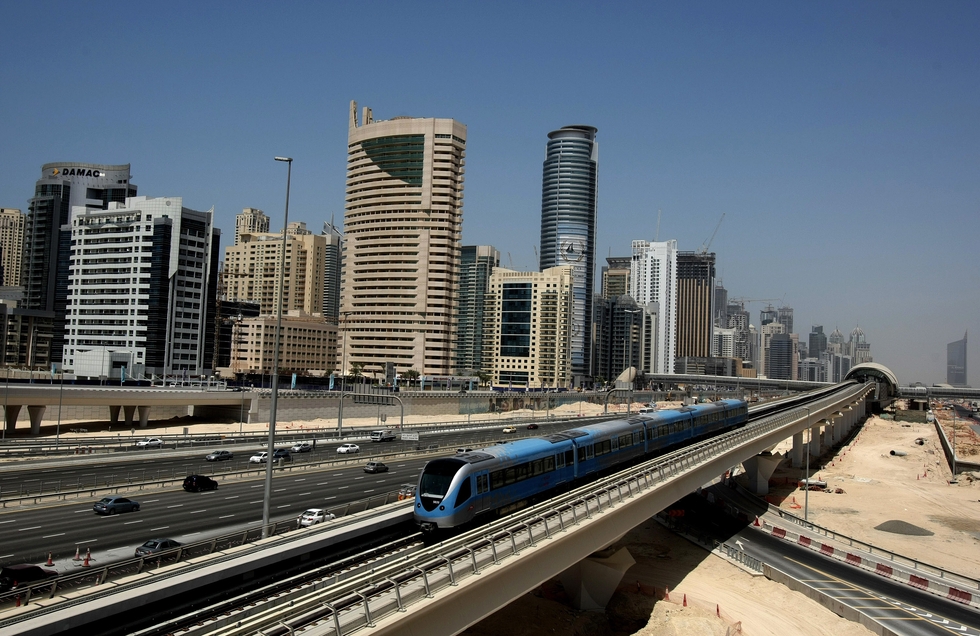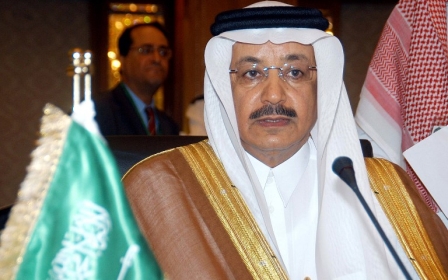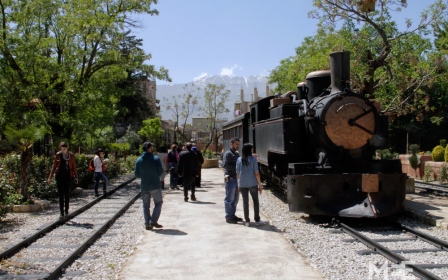GCC to go ahead with $250bn rail project

An ambitious $250bn rail project linking all six Gulf states will reportedly go ahead despite spending cutbacks in the GCC due to declining oil prices.
On Tuesday, GCC Assistant Secretary General for Economic Affairs Abdullah Bin Juma al-Shibli confirmed the continuation of the project at the Middle East rail conference held in Dubai.
“Twelve hundred kilometres of railway will be established,” he was quoted by Gulf News as saying. “The GCC has pledged ongoing support to this project through partnerships with the private sector.”
Earlier this year, the project was cast into doubt after Abdullah Belhaif al-Nuaimi, UAE minister of infrastructure development, called the projected 2018 completion date “unrealistic".
The past 18 months of falling oil prices have caused an economic downturn in the Gulf, with many GCC states tightening government spending.
The GCC railway network will connect the UAE with Saudi Arabia, Qatar, Kuwait, Bahrain and Oman and is projected to be part of a wider $100bn rail programme in the region.
It will provide alternative import and export routes for the member states and allow better access to ports along the Arabian and Red Seas.
It is expected to serve about 16 million passengers and 50 million tons of freight, specialist site Railway Technology reported, although it did not specify in what timeframe this was expected to happen.
A major component of the project is the Etihad Rail being constructed by Abu Dhabi. The 1,200km rail track would eventually be connected to the wider 2,177-km-long GCC rail network which will connect all six states when completed.
The first phase of the Etihad project - a 264km coastline route - has been completed and after testing will be used to carry granulated sulphur, used by the oil and gas industry, between ports.
A second 628km track will now be built to link up directly to GCC rail network.
In 2015, Ramiz Al-Assar, senior MENA transport specialist with the World Bank's sustainable development department, said the project could still be completed on time.
"We are mandated to complete the project in 2018 and while there could be some slippage, because the project is split into relatively short sections in each country, I believe it is achievable in two to three years," he said.
New MEE newsletter: Jerusalem Dispatch
Sign up to get the latest insights and analysis on Israel-Palestine, alongside Turkey Unpacked and other MEE newsletters
Middle East Eye delivers independent and unrivalled coverage and analysis of the Middle East, North Africa and beyond. To learn more about republishing this content and the associated fees, please fill out this form. More about MEE can be found here.




